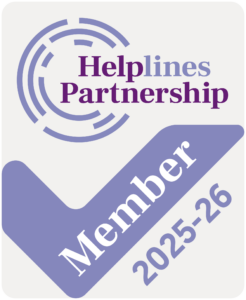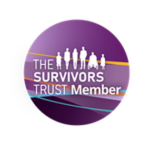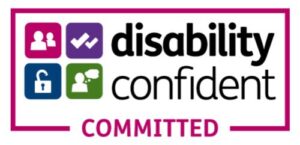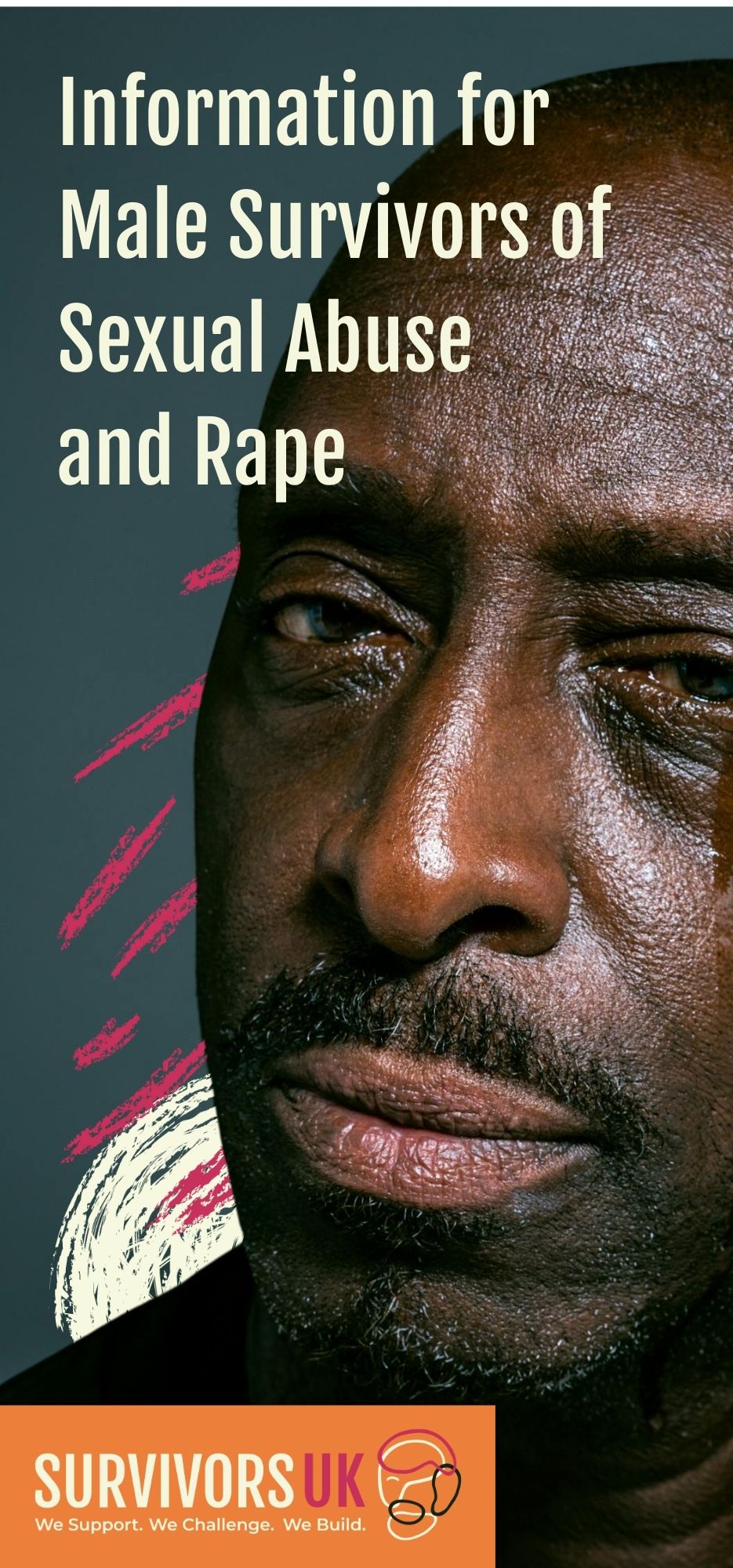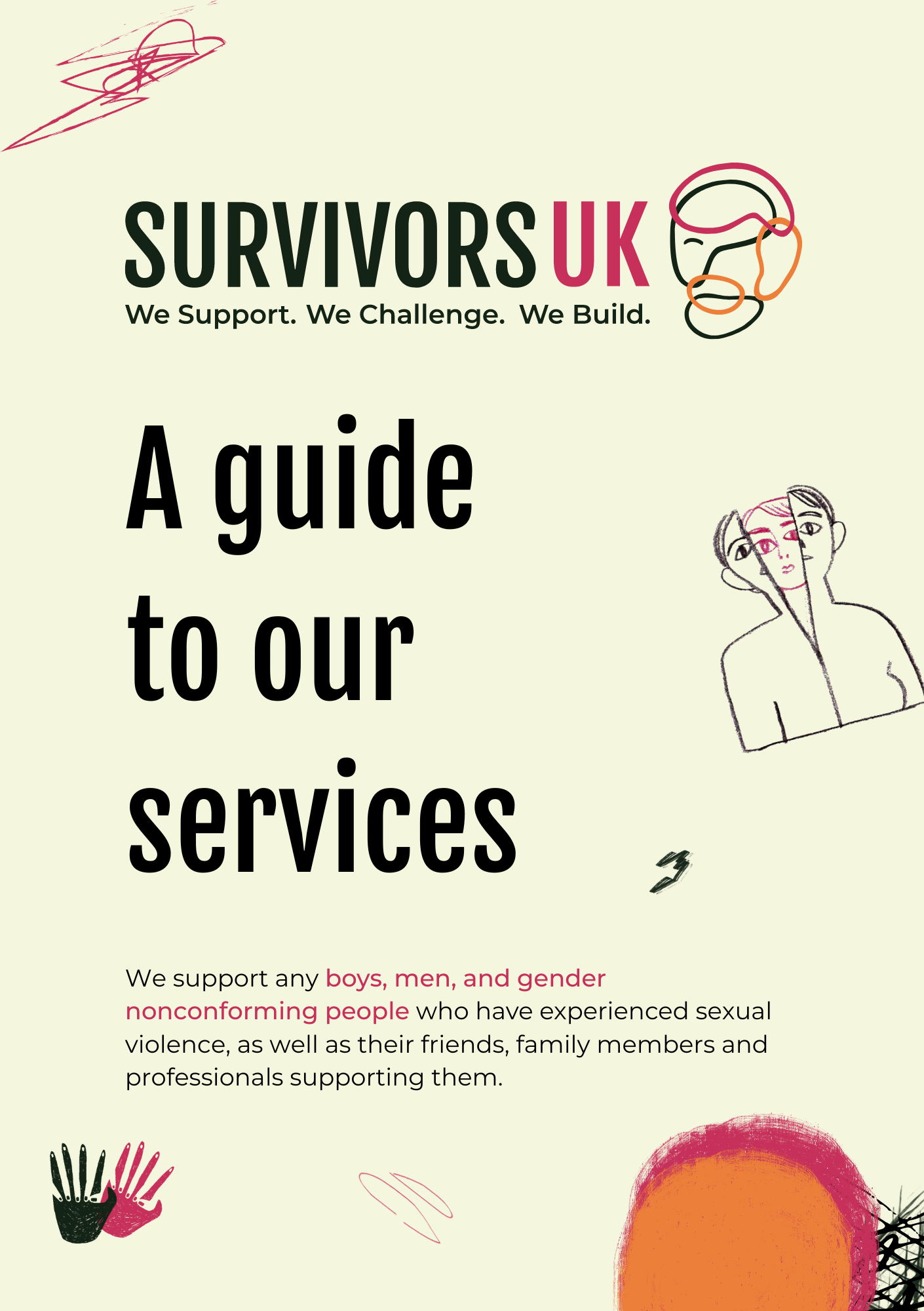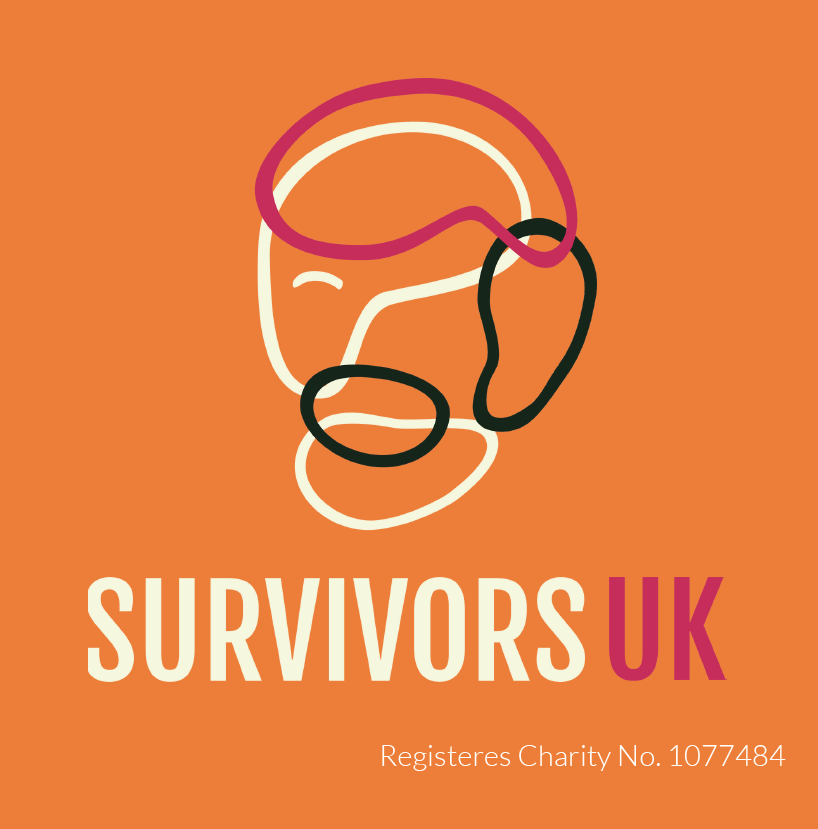12th August 2025
Today the UK’s leading sexual violence charities warned that vital services are on the brink of closure unless the Government urgently commits to sustainable funding.
SurvivorsUK have signed this joint open letter to the Home Secretary and Lord Chancellor – drafted by The Survivors Trust, Rape Crisis England & Wales, and We Are Survivors – alongside over 70 other frontline and membership services. These organisations say that without action, tens of thousands of survivors of rape and sexual abuse will be left without the specialist support they need to cope and recover.
Despite their life-saving work, many of these community-based services face an uncertain future, threatening the support they currently offer for the majority of survivors who never report to the police or engage with statutory services.
Read the letter in full below
—-
SURVIVORS OF SEXUAL VIOLENCE AND SEXUAL ABUSE NEED RECOGNITION IN GOVERNMENT POLICY AND SPENDING COMMITMENTS
Dear Home Secretary/Lord Chancellor,
We’re writing to you as leaders of frontline and membership organisations working with adults and children who experience sexual violence and abuse across the UK. Together we represent and serve hundreds of victim/survivor services supporting tens of thousands of survivors each year. These services are essential; they’re community-based, provided by staff with specific expertise in the trauma of sexual violence and abuse, and yet they are at risk of closure due to funding uncertainty.
The majority of the survivors we reach have not – and are unlikely to ever – make a police report or disclose to the NHS or statutory services.
With appropriate funding, the sexual violence sector could build on the value they already add to statutory services and reach many, many more survivors, supporting the government to achieve its mission to halve violence against women and girls (including male survivors) in a decade.
The trauma of sexual violence devastates lives. It prevents survivors from accessing education, employment, and healthcare, and damages their ability to form and sustain rewarding relationships. It contributes to serious illness and, too often, early deaths, including suicide. The psychological impact of sexual violence and abuse on survivors is well evidenced, as is the financial cost to the state. Research conducted for the Home Office1 in 2021 estimated that the cost (financial and non-financial) relating to all children who began to experience, or continued to experience, contact sexual abuse in the year ending March 2019 was at least £10.1 billion. More recent research2 found that the lifetime economic cost associated with sexual violence and abuse against children and adults perpetrated in one year is over £400 billion.
This research took into account the costs to a variety of statutory services, including health and social care services and criminal justice agencies (policing, courts, prisons and probation).
Third sector specialist support services support these statutory agencies in a myriad of ways, for example by providing specialist therapeutic support to help survivors to cope and recover from the trauma they have experienced and to support them to participate and remain within the criminal justice system.
Investment in specialist services reduces the economic costs of sexual violence and abuse across the lifespan – survivors’ mental health is improved meaning they do not need to access NHS services and they can participate in work; survivors are more likely to engage with the criminal justice system, meaning less wasted police and Court resource, and more sexual violence perpetrators held accountable and prevented from further harm.
We noted the recent commitment3 to “double funding” for national services supporting adult survivors of child sexual abuse, but the subsequent announcement4 of £20 million for victim services has not benefitted frontline sexual violence and abuse services.
More recently a further £53 million for domestic abuse perpetrator management has also caused us concern. The Drive model is targeted at a small minority of domestic abuse perpetrators; it is not a proven means of reducing rape and sexual abuse, and it won’t have a meaningful impact on childhood sexual abuse, childhood sexual exploitation or sexual harassment, the vast majority of which go unreported.
Each year, it’s estimated that half a million children are sexually abused. 14 million adults live with the trauma of childhood sexual abuse. 1 in 4 women and 1 in 18 men have been raped or sexually assaulted since the age of 16.
It is estimated that less than 15% of people who experience rape ever report it to the police, and when they do there is less than 3% chance of the perpetrator facing charges that same year, let alone a conviction.
Domestic violence and abuse are referred to as ‘high volume’ crimes, but the rates of rape, serious sexual offences, child sexual abuse and exploitation, online harms and sexual harassment render rape and sexual abuse equally as devastating, and the case for supporting survivors equally as important.
Our combined memberships and services meet a need that statutory services cannot, and investing in the specialist services who are able to meet these needs not only saves and improves lives but saves further demand and costs to already stretched public services and the public purse.
As organisations with a shared commitment to survivors of rape and sexual abuse, we jointly ask for you to:
- Guarantee the continuation of the Rape and Sexual Abuse Support Fund from April 2026, ensuring this receives an uplift of at least 15%, to reflect inflation and increased National Insurance Employer Contributions, and is secured on a multi-year basis to provide services with the stability they need.
- Take steps to ensure that additional funding, beyond the Rape and Sexual Abuse Support Fund, is provided for our specialist voluntary sector as a matter of urgency. In this context, please note that many specialist voluntary sector agencies who provide much needed counselling and support to survivors of sexual violence and sexual abuse are not funded by the Rape and Sexual Abuse Support Fund.
- With future planning in mind, take steps to place a duty on NHS England/DHSC, PCCs and Local Authorities to engage with specialist voluntary sector agencies in their given regional area with a view to undertaking a joint needs assessment which identifies the level of demand for counselling and support services for survivors of sexual violence and sexual abuse, how the demand is currently being met and making provision for meeting the existing demand in the short to medium term.
- Ensure that sexual violence and abuse is not conflated with domestic violence and abuse in policy or spending commitments, and recognise the distinct expertise required for working with survivors of these different harms.
- Ensure that the upcoming VAWG strategy recognises the distinct needs of sexual violence and sexual abuse survivors, including male victims, and the prevalence of these crimes (and survivor needs) is reflected in the spending commitments of all Government departments.
We recognise the pressures and inherited challenges faced by this Government, particularly the heavily constrained fiscal environment. We also recognise – and welcome – many of the measures which have already been announced, in support of survivors of violence against women and girls.
However, we urge you to consider the distinct and different aspects of sexual violence and abuse policy and practice, and the historic underfunding of the sexual violence sector relative to domestic abuse.
Our services between them work with thousands of survivors, all of whom have needed specialist care and support to help them come to terms with their experiences and begin to rebuild their lives. We want to keep supporting them, and we also want to keep supporting government to achieve its ambitions and make a meaningful impact on the currently appalling rates of sexual violence and abuse, as well as the lack of justice.
However, without an urgent guarantee of support, there will be no specialist sexual violence services left to support survivors, or the Government, in their mission to end VAWG. We look forward to your response by the end of September 2025.
Yours sincerely,
Ciara Bergman, Chief Executive Officer, Rape Crisis England & Wales
Fay Maxted OBE, Chief Executive Officer, The Survivors Trust
Duncan Craig OBE, Chief Executive Officer, MS’IN (We Are Survivors)
Signed on behalf of organisations from the rape and sexual abuse sector, including; (in alphabetical order)
- Stuart Sale, CEO, Ann Craft Trust
- Nicky Harkin, Chief Executive Officer, ARCH Teesside
- Nick Gauntlett, Chief Executive, Aurora Foundation for People Abused in Childhood
- Becky Jones, CEO, Axis Counselling
- Robert Balfour, Chief Executive Officer, Bens Place (Survivors West Yorkshire)
- Pam Duxbury, Service Manager, Beacon Counselling
- Jay Rushi, Chief Executive Officer, Birchall Trust
- Helen Parr, Chief Executive Officer, CARA (Centre for Action on Rape and Abuse)
- Norah Al-Ani MBE, Director, Cambridge Rape Crisis Centre
- Gillian Finch, Manager, CIS’ters
- Anji Hall, Chair, Clean Slate
- Carolyn Webster, CEO, Clear
- Natalie Thompson, Chief Executive Officer, Coventry Rape and Sexual Abuse Centre
- Dr Davina Cull – Chief Executive Officer, Devon Rape Crisis and Sexual Abuse Service
- Mandy Welbourn, Admin Office Manager, Doncaster Rape and Sexual Abuse Counselling Service
- Mary Jones, Chief Executive Officer, East Kent Rape Crisis Centre
- Kurt Trevillion Bsc, CEO, Family Matters
- Lyn Gooding, Chief Executive, First Light
- Beverley Radcliffe, Chief Executive Officer, First Step Leicester
- Alison Lloyd, Chief Executive Officer, GMRC (Greater Manchester Rape Crisis)
- Heather McKensie, Chair of Trustees, Herts Area Rape Crisis and Sexual Abuse Centre
- Fionuala Bonnar, CEO, ICAP
- Rebecca Mitchell, Project Co-ordinator, Into The Light
- Erica Marks, CEO, JSAS (Jewish Sexual Abuse Support)
- Heather Cooper, CEO, Kirklees, Calderdale and Wakefield RASAC
- Cara Perry, Chief Executive Officer, Leicester Rape Crisis
- Kathryn Slatter, Chief Executive, Lifecentre
- Laura McKane, Chief Executive Officer, Lincolnshire Rape Crisis
- Jamie Dennis, CEO, Mandem Meetup
- Lucy Hughes, CEO, Mankind UK
- Russell Dawson & John Slater, Co-Directors, moMENtum Devon CIC
- Jodie Woodward, Chief Executive Officer, nia (delivering East London Rape Crisis)
- Novlet Holness, Chief Executive Officer, Nottingham Sexual Violence Support Services
- Dawn Thomas Chief Executive Officer, Northamptonshire Rape Crisis
- Jacqui Campey, Chief Executive Officer, Peterborough Rape Crisis
- Deborah Knight, CEO, Quetzal Leicester
- Dr Foziha Hamid, Director, Respond
- Isabel Owens, Chief Executive Officer, Rape and Sexual Abuse Counselling Centre (Darlington and County Durham)
- Abby Traynor, Chief Executive Officer, Rape Crisis Tyneside & Northumberland
- Lorraine Wood, Executive Director, RASA Merseyside
- Gaynor Mckeown, CEO, RASASC North Wales
- Daisy Anderson, Chief Executive Officer, RASASC Guilford
- Maggi Hammond, Centre Director, Revival – Wiltshire RASAC
- Lisa Thompson, CEO, RSVP
- Neil Henderson, CEO, Safeline
- Ruth Gartland, Director, SAIL (Sexual Abuse and Incest Line)
- Jackie McKeown, CEO, SALT South West
- Fi Wareing, Chief Executive Officer, Safety Net
- Chris Braitch, Director, Seen & Heard
- Sheila Coates MBE, Chief Executive Officer, Sericc (Rape and Sexual Abuse Specialist Services)
- Caroline Fotheringham, CEO, Sexual Abuse Rape Advice Centre (SARAC)
- Meera Kulkarni, Chief Executive Officer, Sheffield Rape and Sexual Abuse Centre
- Lisa Lenton, Chief Executive, SHE-UK
- Nahar Choudhury, CEO, Solace Women’s Aid (delivering North London Rape Crisis)
- Donna Lowden, CEO, SomeOne Cares
- Clive Evans, CEO, Sue Lambert Trust
- Katie Russell, CEO, Support After Rape and Sexual Violence Leeds (SARSVL)
- Maxine Leigh, CEO, Support for Survivors (East Midlands)
- Chris Tuck, CEO, Survivors of Abuse (SOB)
- Helen Race, Senior Manager, Survivors’ Network
- Mags Godderidge, CEO, Survive
- Fiona Ellis OBE, Co-Founder & CEO, Survivors in Transition
- Lauren Kendall, CEO, Survivor Space Oxfordshire
- Paul Dillane, CEO, Survivors UK
- Jane Chevous, CEO, Survivors Voices
- Rachel Morris, CEO, SV2
- Lucy Duckworth, Policy Advisor, The Survivors Trust
- Stephanie Price, Chief Executive Officer, The Blue Door
- Jackie May, Chief Executive, The Women’s Centre Cornwall
- Jayne Hurst, Training and Development Manager, Trust House Lancashire
- Michelle Tasker, CEO, Umbrella Counselling
- Jocelyn Anderson, Chief Executive Officer, West Mercia Rape & Sexual Abuse Support Centre
- Kyra Bond, Chief Executive Officer, Womankind
- Jo Meagher, CEO, Young Women’s Housing Project, (Sheffield)
Sources:
- https://www.gov.uk/government/publications/the-economic-and-social-cost-of-contact-child-sexual-abuse/the-economic-and-social-cost-of-contact-child-sexual-abuse
- https://rapecrisis.org.uk/news/lifetime-cost-of-sexual-violence-revealed/
- https://hansard.parliament.uk/Lords/2025-04-22/debates/4B350F54-28C4-464D-825B-F5B05924E407/TacklingChildSexualAbuse%23:~:text=Ahead%20of%20the%20spending%20review,abuse%20they%20suffered%20as%20children.
- https://www.gov.uk/government/news/vital-support-for-victims-in-20-million-funding-boost


